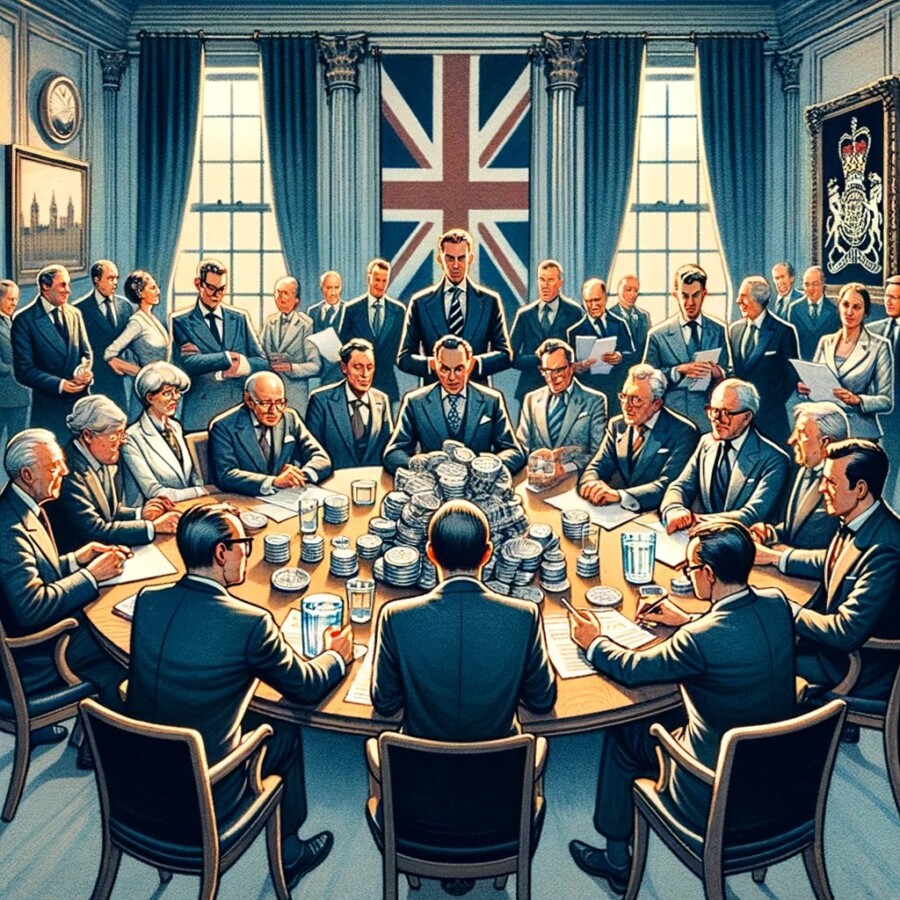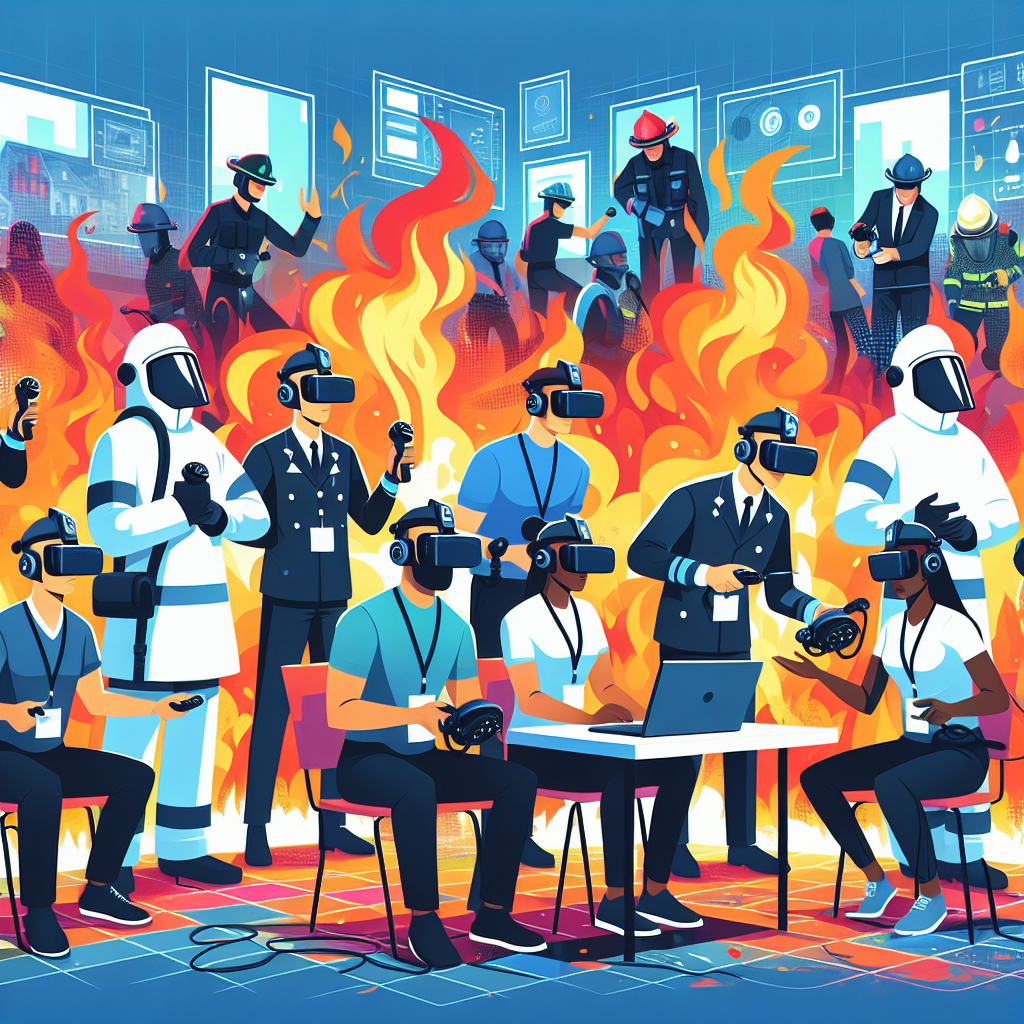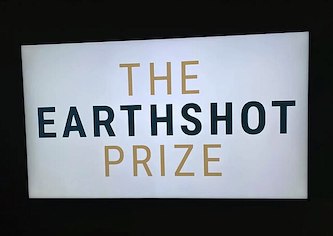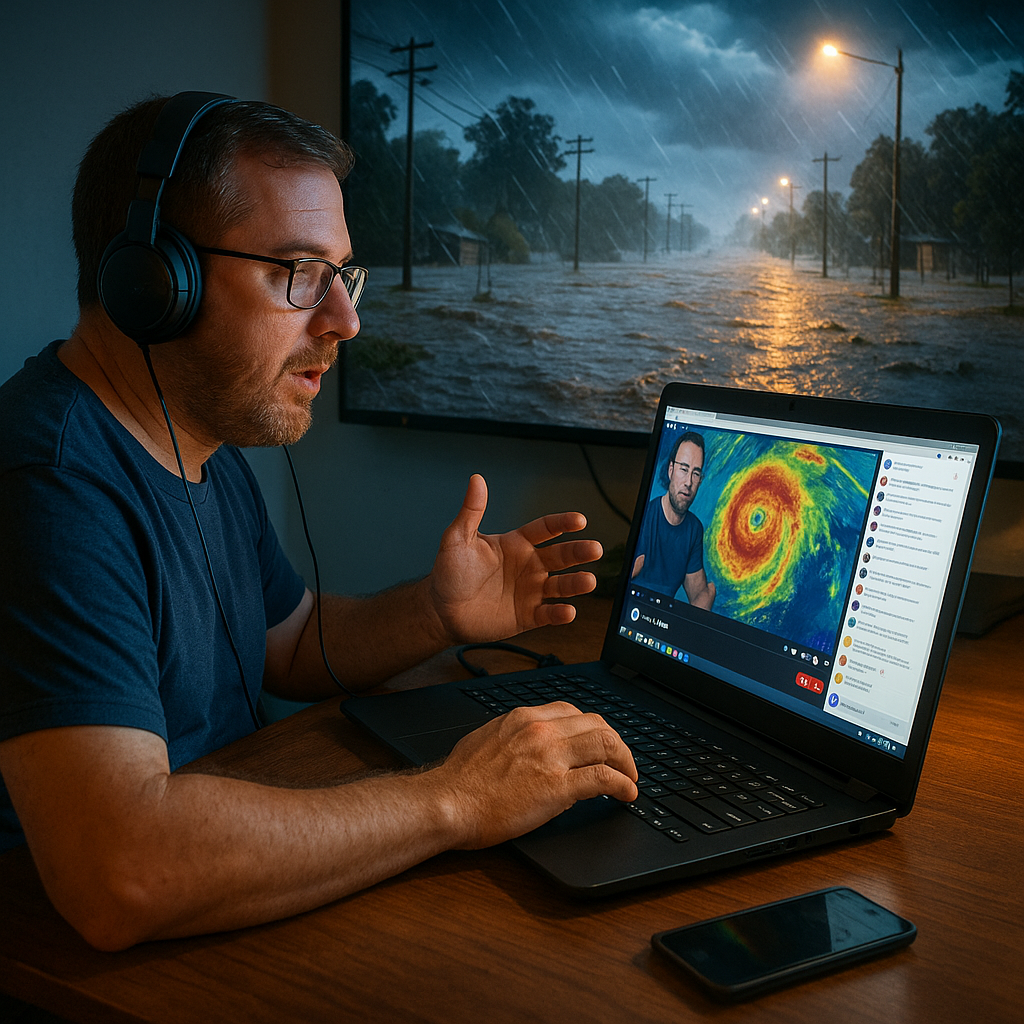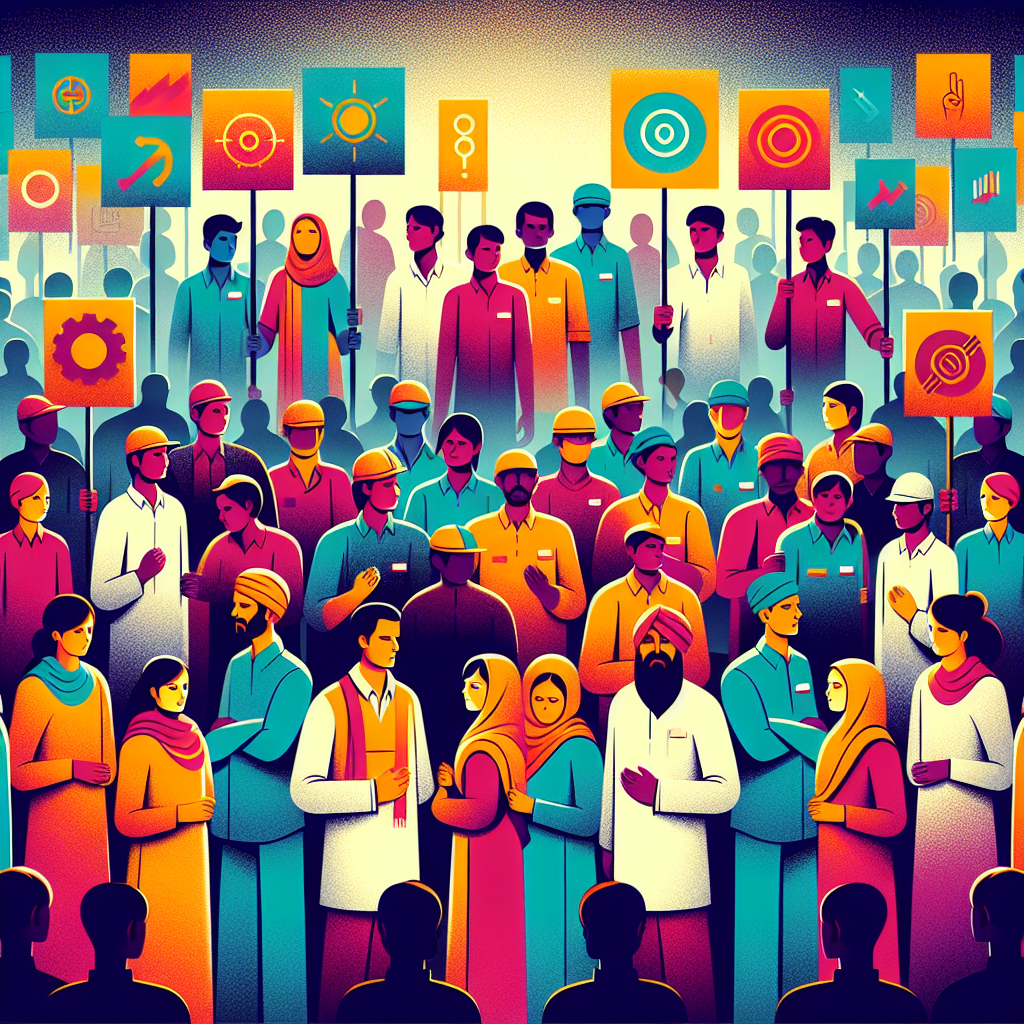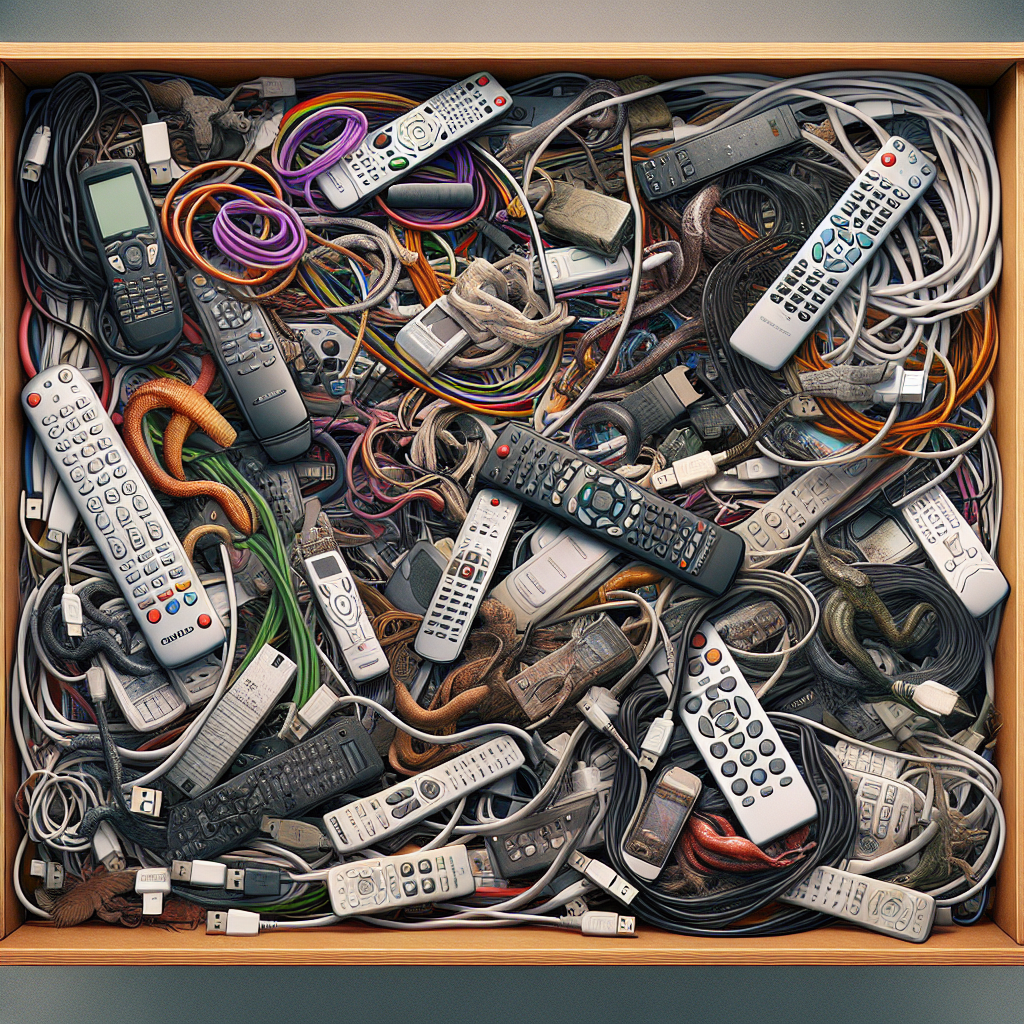Authors George RR Martin and John Grisham are suing OpenAI, the owner of ChatGPT, for copyright infringement. The lawsuit claims that their books were used without permission to train the language model. OpenAI has stated that it respects the rights of authors and believes they should benefit from AI technology. Other prominent authors, including Jonathan Franzen and Jodi Picoult, are also named in the complaint. The case has been brought to the federal court in Manhattan by the Authors Guild, a trade group representing the authors. This lawsuit follows similar legal action taken by comedian Sarah Silverman and an open letter signed by authors Margaret Atwood and Philip Pullman.
The lawsuit argues that ChatGPT was fed data from copyrighted books without the authors’ permission. It also raises concerns about the displacement of human-authored content by AI technology. However, legal experts believe that the authors may face challenges in proving that ChatGPT copied and duplicated their work. Some experts suggest that the authors’ concerns are more about the potential impact of AI on job opportunities rather than copyright infringement. They argue that discussions about the future of AI and its impact on creative arts should take place in legislative bodies.
This case is part of a larger trend of complaints against developers of generative AI, which can create media based on text prompts. Digital artists have previously sued AI systems for being trained on copyrighted artwork. OpenAI is also facing a lawsuit, along with Microsoft and GitHub, for allegedly using code without permission to train an AI called Copilot. None of these lawsuits have been resolved yet.
In conclusion, authors George RR Martin and John Grisham are suing OpenAI for copyright infringement, claiming that their books were used without permission to train ChatGPT. The case raises concerns about the displacement of human-authored content by AI technology. Legal experts believe that the authors may face challenges in proving their case. This lawsuit is part of a larger trend of complaints against developers of generative AI. None of these lawsuits have been resolved yet.
Original news source: Game of Thrones author sues ChatGPT owner OpenAI (BBC)
Listen
Slow
Normal
Fast
Group or Classroom Activities
Warm-up Activities:
– News Summary
Instructions:
1. Divide the class into pairs or small groups.
2. Assign each pair/group a specific aspect of the article to focus on (e.g. the lawsuit, OpenAI’s response, concerns about AI technology, etc.).
3. Give the pairs/groups a few minutes to read and discuss their assigned aspect.
4. Each pair/group should then write a concise summary of their assigned aspect.
5. Have each pair/group share their summary with the class. Encourage discussion and clarification of any points.
– Opinion Poll
Instructions:
1. Prepare a list of discussion questions related to the article (e.g. Should AI technology be allowed to use copyrighted material? What are the potential benefits and drawbacks of AI in the creative arts?).
2. Have students form pairs or small groups.
3. Assign each pair/group a question from the list.
4. Give students time to discuss and share their opinions on the question.
5. After the discussion, conduct a class-wide poll by asking each pair/group to share their opinions and tallying the responses on the board.
6. Encourage students to justify their opinions and engage in respectful debate.
– Vocabulary Pictionary
Instructions:
1. Select a list of key vocabulary words from the article (e.g. copyright infringement, displacement, legislative bodies, etc.).
2. Divide the class into teams.
3. Provide each team with a set of vocabulary words.
4. In a timed manner, each team must take turns selecting a word and drawing a visual representation of it on the board.
5. The other teams must guess the word within a certain time limit.
6. Award points for correct guesses and keep track of the scores.
7. Encourage discussion and clarification of the meanings of the words after each round.
– Pros and Cons
Instructions:
1. Divide the class into two groups: one representing the authors’ perspective and one representing OpenAI’s perspective.
2. Assign each group to research and prepare arguments in favor of their assigned perspective.
3. Give each group time to discuss and gather their arguments.
4. Conduct a debate-style discussion, with each group taking turns presenting their arguments.
5. Encourage students to counter-argue and engage in a lively debate.
6. After the discussion, encourage students to reflect on the complexity of the issue and consider alternative perspectives.
– Future Predictions
Instructions:
1. Ask students to individually brainstorm and write down their predictions about the future of AI technology in relation to the creative arts.
2. Form small discussion groups and have students share their predictions with their group.
3. Encourage students to discuss and debate the likelihood and potential consequences of each prediction.
4. After the group discussion, have each student present their most interesting prediction to the class.
5. Facilitate a class-wide discussion, allowing students to react and respond to each prediction.
Comprehension Questions:
1. Who are the authors that are suing OpenAI for copyright infringement?
2. What does the lawsuit claim about the use of the authors’ books?
3. How does OpenAI respond to the lawsuit?
4. Which trade group is representing the authors in the lawsuit?
5. What are the concerns raised about the displacement of human-authored content by AI technology?
6. What challenges may the authors face in proving their case?
7. What do some legal experts believe the authors’ concerns are really about?
8. What is the larger trend of complaints mentioned in the article?
Go to answers ⇩
Listen and Fill in the Gaps:
Authors George RR Martin and John Grisham are suing OpenAI, the owner of ChatGPT, for copyright (1)______. The lawsuit claims that their books were used without permission to train the language model. OpenAI has (2)______ that it respects the rights of authors and believes they should (3)______ from AI technology. Other prominent authors, including (4)______ Franzen and Jodi Picoult, are also named in the complaint. The case has been brought to the federal court in Manhattan by the Authors Guild, a trade group representing the authors. This lawsuit follows similar legal action taken by comedian Sarah Silverman and an open letter signed by authors Margaret Atwood and Philip Pullman.
The lawsuit (5)______ that ChatGPT was fed data from copyrighted books without the authors’ permission. It also raises concerns about the displacement of human-authored (6)______ by AI technology. However, legal experts believe that the authors may face challenges in proving that ChatGPT copied and (7)______ their work. Some experts (8)______ that the authors’ concerns are more about the potential impact of AI on job opportunities rather than copyright infringement. They argue that discussions about the future of AI and its impact on (9)______ arts should take place in legislative bodies.
This case is part of a larger trend of complaints against developers of generative AI, which can create media based on text prompts. Digital artists have previously sued AI systems for being trained on (10)______ artwork. OpenAI is also (11)______ a lawsuit, along with Microsoft and GitHub, for allegedly (12)______ code without permission to train an AI called Copilot. None of these (13)______ have been (14)______ yet.
In conclusion, authors George RR Martin and John Grisham are suing OpenAI for copyright infringement, claiming that their books were used without permission to train (15)______. The case raises concerns about the displacement of human-authored content by AI technology. (16)______ experts believe that the authors may face challenges in proving their case. This lawsuit is part of a larger trend of complaints against developers of generative AI. None of these lawsuits have been resolved yet.
Go to answers ⇩
Discussion Questions:
Students can ask a partner these questions, or discuss them as a group.
1. What is your opinion on the use of AI technology in creative arts?
2. How would you feel if your work was used without permission to train an AI language model?
3. Do you think authors should have control over how their work is used in AI technology? Why or why not?
4. What do you think about the concerns raised regarding the displacement of human-authored content by AI technology?
5. Have you ever experienced copyright infringement? If so, how did it make you feel?
6. Do you believe that discussions about the future of AI and its impact on creative arts should be held in legislative bodies? Why or why not?
7. How do you think AI technology will affect job opportunities in the creative arts industry?
8. What is your stance on the use of AI systems to generate media based on copyrighted artwork?
9. Have you ever used AI technology in your own creative work? If so, what was your experience like?
10. Do you think AI technology has the potential to enhance or diminish the value of creative arts? Why or why not?
11. How do you think the outcome of this lawsuit will impact the development and use of generative AI?
12. Have you ever faced challenges in protecting your own intellectual property rights? If so, how did you handle it?
13. What measures do you think can be taken to ensure that AI technology respects the rights of authors and creators?
14. Do you believe that AI technology has the potential to replace human creativity and originality? Why or why not?
15. How do you think the legal landscape will evolve as AI technology continues to advance?
Individual Activities
Vocabulary Meanings:
Match each word to its meaning.
Words:
1. Authors
2. OpenAI
3. ChatGPT
4. Copyright
5. Lawsuit
6. AI technology
7. Displacement
8. Legal experts
Meanings:
(a) The replacement of human-created content by AI
(b) Legal action taken against OpenAI
(c) The language model accused of using books without permission
(d) Professionals with knowledge of the law who provide expert opinions
(e) The technology that allows machines to simulate human intelligence
(f) The company being sued for copyright infringement
(g) Protection granted to original works of authorship
(h) George RR Martin and John Grisham, for example
Go to answers ⇩
Multiple Choice Questions:
1. Who are the authors suing OpenAI for copyright infringement?
(a) George RR Martin and John Grisham
(b) Margaret Atwood and Philip Pullman
(c) Jonathan Franzen and Jodi Picoult
(d) Sarah Silverman and the Authors Guild
2. What is the name of the language model owned by OpenAI?
(a) Copilot
(b) ChatGPT
(c) OpenAI
(d) GitHub
3. Which trade group is representing the authors in the lawsuit?
(a) OpenAI
(b) The Federal Court in Manhattan
(c) The legislative bodies
(d) The Authors Guild
4. What is one of the concerns raised by the lawsuit?
(a) Copyright infringement by digital artists
(b) The impact of AI on job opportunities
(c) Displacement of human-authored content by AI technology
(d) The resolution of similar lawsuits
5. What do legal experts believe the authors’ concerns are primarily about?
(a) The potential impact of AI on job opportunities
(b) The displacement of human-authored content
(c) Copyright infringement by AI systems
(d) The resolution of similar lawsuits
6. What type of AI system have digital artists previously sued for copyright infringement?
(a) ChatGPT
(b) Generative AI
(c) Copilot
(d) GitHub
7. Who else has taken legal action against OpenAI?
(a) Authors Margaret Atwood and Philip Pullman
(b) Microsoft and GitHub
(c) All of these answers
(d) Comedian Sarah Silverman
8. Have any of the lawsuits against OpenAI been resolved?
(a) Yes
(b) It is unclear
(c) No
(d) Only some of them
Go to answers ⇩
True or False Questions:
1. The lawsuit has been brought to the state court in Manhattan by the Authors Guild.
2. The case is part of a larger trend of complaints against developers of generative AI.
3. Some experts argue that the authors’ concerns are solely about copyright infringement, not the impact of AI on job opportunities.
4. Other authors, including Jonathan Franzen and Jodi Picoult, are also named in the complaint.
5. George RR Martin and John Grisham are not suing OpenAI for copyright infringement.
6. OpenAI’s language model, ChatGPT, allegedly used the authors’ books without permission for training.
7. All of the lawsuits against OpenAI, including this one, have been resolved already.
8. Legal experts believe that the authors may face challenges in proving that ChatGPT copied their work.
Go to answers ⇩
Write a Summary:
Write a summary of this news article in two sentences.
Check your writing now with the best free AI for English writing!
Writing Questions:
Answer the following questions. Write as much as you can for each answer.
Check your answers with our free English writing assistant!
1. Who are the authors that are suing OpenAI for copyright infringement?
2. What is the main argument of the lawsuit against OpenAI?
3. What concerns are raised about the impact of AI technology on human-authored content?
4. What do legal experts believe may be a challenge for the authors in proving their case?
5. What is the larger trend of complaints against developers of generative AI mentioned in the article?
Answers
Comprehension Question Answers:
1. Who are the authors that are suing OpenAI for copyright infringement?
George RR Martin and John Grisham.
2. What does the lawsuit claim about the use of the authors’ books?
The lawsuit claims that their books were used without permission to train the language model.
3. How does OpenAI respond to the lawsuit?
OpenAI has stated that it respects the rights of authors and believes they should benefit from AI technology.
4. Which trade group is representing the authors in the lawsuit?
The Authors Guild.
5. What are the concerns raised about the displacement of human-authored content by AI technology?
The concerns are that AI technology may displace human-authored content and impact job opportunities for authors.
6. What challenges may the authors face in proving their case?
Legal experts believe that the authors may face challenges in proving that ChatGPT copied and duplicated their work.
7. What do some legal experts believe the authors’ concerns are really about?
Some legal experts believe that the authors’ concerns are more about the potential impact of AI on job opportunities rather than copyright infringement.
8. What is the larger trend of complaints mentioned in the article?
The larger trend is complaints against developers of generative AI, which can create media based on text prompts.
Go back to questions ⇧
Listen and Fill in the Gaps Answers:
(1) infringement
(2) stated
(3) benefit
(4) Jonathan
(5) argues
(6) content
(7) duplicated
(8) suggest
(9) creative
(10) copyrighted
(11) facing
(12) using
(13) lawsuits
(14) resolved
(15) ChatGPT
(16) Legal
Go back to questions ⇧
Vocabulary Meanings Answers:
1. Authors
Answer: (h) George RR Martin and John Grisham, for example
2. OpenAI
Answer: (f) The company being sued for copyright infringement
3. ChatGPT
Answer: (c) The language model accused of using books without permission
4. Copyright
Answer: (g) Protection granted to original works of authorship
5. Lawsuit
Answer: (b) Legal action taken against OpenAI
6. AI technology
Answer: (e) The technology that allows machines to simulate human intelligence
7. Displacement
Answer: (a) The replacement of human-created content by AI
8. Legal experts
Answer: (d) Professionals with knowledge of the law who provide expert opinions
Go back to questions ⇧
Multiple Choice Answers:
1. Who are the authors suing OpenAI for copyright infringement?
Answer: (a) George RR Martin and John Grisham
2. What is the name of the language model owned by OpenAI?
Answer: (b) ChatGPT
3. Which trade group is representing the authors in the lawsuit?
Answer: (d) The Authors Guild
4. What is one of the concerns raised by the lawsuit?
Answer: (c) Displacement of human-authored content by AI technology
5. What do legal experts believe the authors’ concerns are primarily about?
Answer: (a) The potential impact of AI on job opportunities
6. What type of AI system have digital artists previously sued for copyright infringement?
Answer: (b) Generative AI
7. Who else has taken legal action against OpenAI?
Answer: (d) Comedian Sarah Silverman
8. Have any of the lawsuits against OpenAI been resolved?
Answer: (c) No
Go back to questions ⇧
True or False Answers:
1. The lawsuit has been brought to the state court in Manhattan by the Authors Guild. (Answer: False)
2. The case is part of a larger trend of complaints against developers of generative AI. (Answer: True)
3. Some experts argue that the authors’ concerns are solely about copyright infringement, not the impact of AI on job opportunities. (Answer: False)
4. Other authors, including Jonathan Franzen and Jodi Picoult, are also named in the complaint. (Answer: True)
5. George RR Martin and John Grisham are not suing OpenAI for copyright infringement. (Answer: False)
6. OpenAI’s language model, ChatGPT, allegedly used the authors’ books without permission for training. (Answer: True)
7. All of the lawsuits against OpenAI, including this one, have been resolved already. (Answer: False)
8. Legal experts believe that the authors may face challenges in proving that ChatGPT copied their work. (Answer: True)
Go back to questions ⇧




